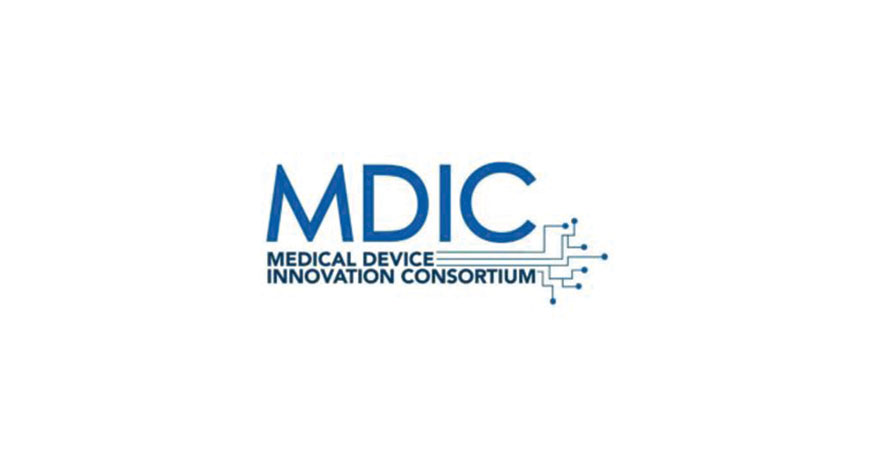International Circuit
How can MedTech companies use more patient input to improve clinical trials?

The Medical Device Innovation Consortium has laid out some recommendations for improving medical device clinical trials with increased patient input.
Having observed that clinical trial sponsors seldom refer to patient input — something the FDA issued guidance for in September 2019 — MDIC offered its view on increasing and using patient input to improve clinical trials in the medtech space.
In the report, MDIC cited that FDA guidance, which defined patient engagement as “intentional, meaningful interactions with patients that provide opportunities for mutual learning, and effective collaborations.” According to the agency, effective engagement could yield several positive changes, including:
- Faster recruitment, enrollment and completion.
- Greater patient commitment.
- Less follow-up loss.
- Better compliance.
- Fewer protocol revisions.
- Streamlined data collection.
- More relevant data on important patient outcomes.
Patient input, according to MDIC, can reveal how they would value benefits that can affect the design and development of new technology. This can help regulators determine whether clinical benefits outweigh risks, as, “ultimately, it is the patients who take the risks to realize the benefits of medical therapies.”
Patients and families with a deep, personal understanding of life with a certain disease can highlight how a device could affect their quality of life. Understanding how patients evaluate the benefits and risks of certain medical products has turned into a focal point in regulatory review, according to MDIC.
Another area of clinical trials that can improve with patient input is outcomes, as the patients can help sponsors better define the outcomes by determining which ones are most important to them. Ultimately, sponsors can develop data to demonstrate the impact that matters most for the target population and will be meaningful during regulatory review.
Barriers that exist even after a patient has demonstrated a willingness to enroll in a trial can affect entry, participation in data-collection activities and the ability to stay in the trial. Understanding the impact of these barriers on patients can enable sponsors to refine trial plans and accrue and retain patients with disabilities and those from diverse demographic groups.
Finally, patient insights can affect both regulatory use and post-approval activities, MDIC said. Sponsors can use patient views on unmet needs, burdens of living with specific conditions and the level of satisfaction with the standards of care to bolster regulatory submissions. Patient input can offer an opportunity to communicate the impact of a new product while explaining its benefits and risks in the post-approval phase.
“The report encourages sponsors to take the time and make the effort to build relationships with patient groups and individual patients that are based on shared commitment to the effort, clear expectations, regular communications and a common language about the project,” MDIC wrote. “Avoiding the perception that engagement activities are tokenism and are just being done to ‘check a box’ by ensuring that all parties feel respected and able to contribute within the process is a key component of making this process meaningful.” MassDevice












